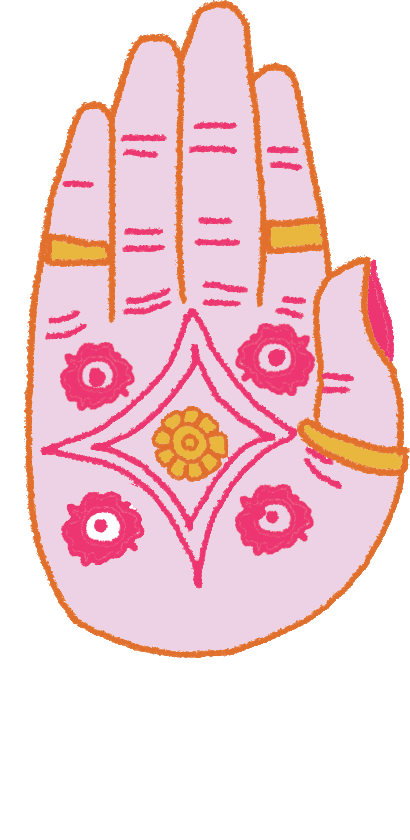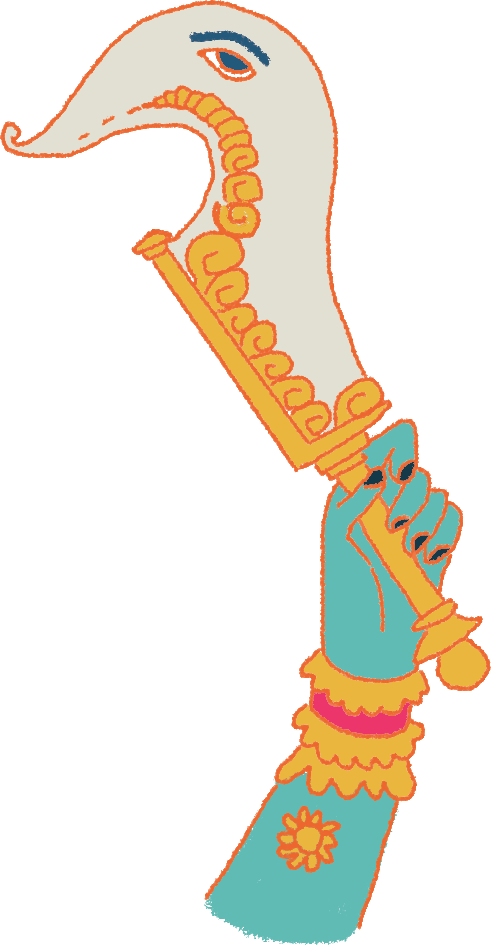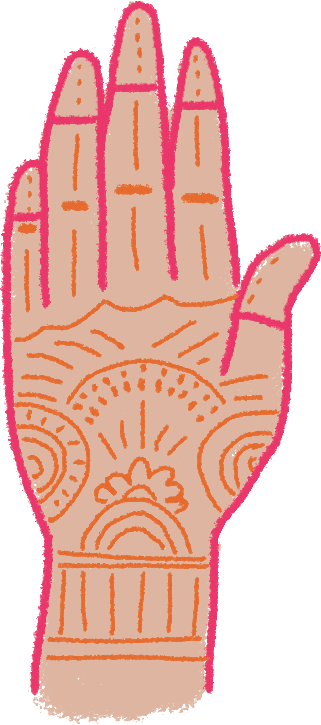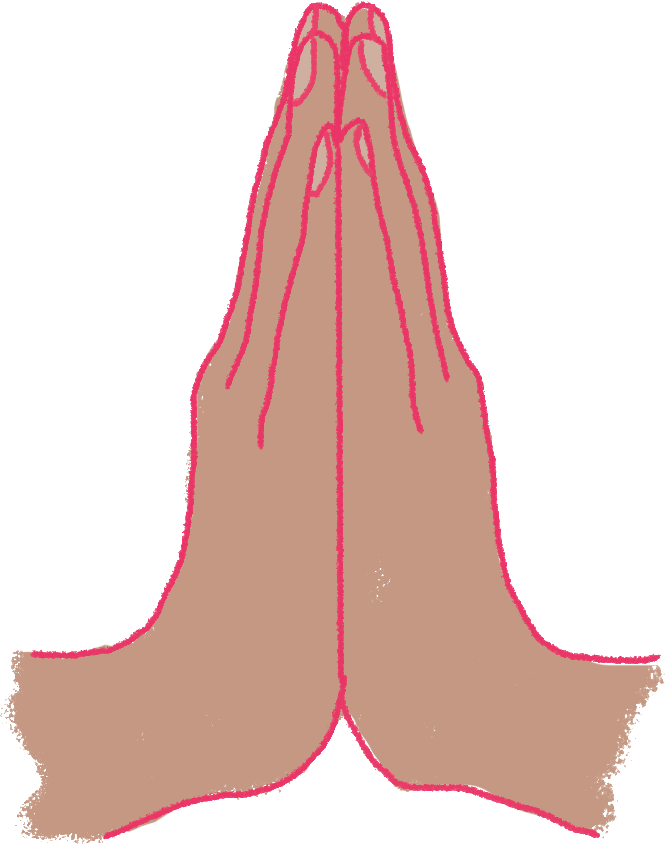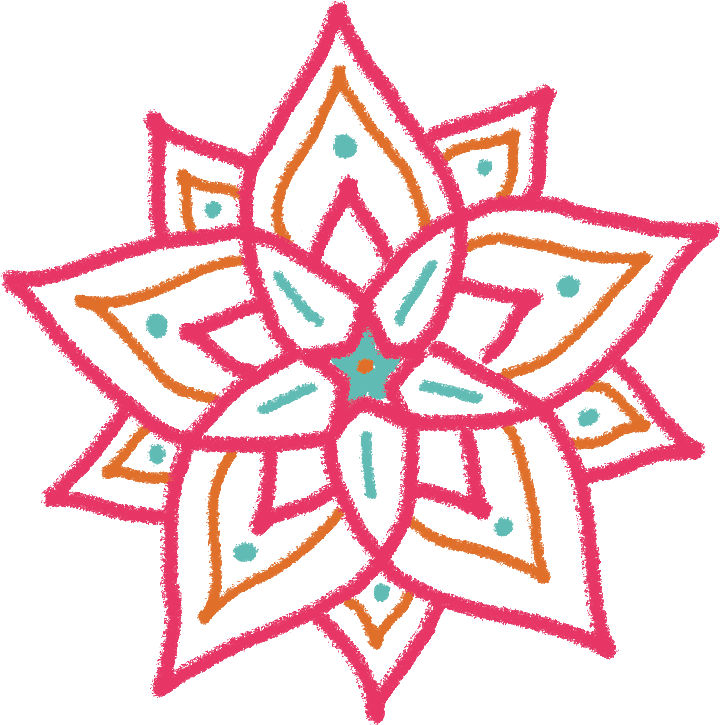Diwali Glossary
Diwali is filled with special words and phrases, each with its own meaning and history. This brief glossary helps explain key terms related to the festival, from rangoli and diyas to mithai and Dhanteras. Whether you’re new to Diwali or want to deepen your understanding, this list will help you explore the language of the festival.
Bhajans and mantras
Definition: Bhajans are devotional songs. Mantras are sacred chants. They are recited and sung in Diwali rituals to create a positive atmosphere.
Example: “Listening to bhajans and mantras during Diwali makes me feel connected to the meaning of the festival.”
Dhanteras
Definition: Dhanteras is the first day of Diwali and is all about wealth and prosperity. Many people buy new items, especially gold or silver things, on this day for good luck.
Example: “We buy something special on Dhanteras to bring good fortune.”
Diya
Definition: Diyas are small oil lamps made of clay. They are filled with oil or ghee and have a cotton wick (the bit you light with a match). The lamps are lit during Diwali to show the victory of light over darkness.
Example: “We place diyas around our home for hope and positivity.”
Firecrackers
Definition: Firecrackers or fireworks are popular during Diwali. Their loud sound and beautiful colours mirror the excitement of the festival.
Example: “Watching the fireworks light up the sky is one of my favourite parts of Diwali.”
Ghar Ka Sajja (home decorations)
Definition: During Diwali, many people clean and decorate their homes to encourage good fortune. This includes putting up lights, lighting candles, and sometimes buying new furniture or freshly painting walls.
Example: “We make sure our ghar ka sajja is complete with fairy lights, candles, and rangoli!”
Goddess Lakshmi
Definition: Goddess Lakshmi is the Hindu goddess of wealth, prosperity, and fortune. She is worshipped during Diwali in the hopes of a good year ahead.
Example: “We place a statue of Goddess Lakshmi in our home and offer her prayers during Diwali.”
Kali Puja
Definition: In some regions, especially West Bengal, Diwali is celebrated with Kali Puja instead of Lakshmi Puja. Kali is the goddess of protection and power.
Example: “My family in Kolkata celebrate Kali Puja during Diwali.”
Mehndi
Mehndi is where henna is applied as a decoration to hands and feet, It is often applied during Diwali as part of dressing up and going to Diwali celebrations.
Example: “My sister is so good at henna designs, I love it when she does my Mehndi.”
Mithai (sweets)
Definition: Diwali is incomplete without sweets, or mithai. These are usually homemade or bought in pretty boxes and shared with family and friends.
Example: “We always exchange boxes of sweets with neighbours during Diwali.”
Puja
Definition: A puja is a Hindu ritual involving prayers and offerings to gods. During Diwali, families often perform a Lakshmi Puja, hoping for blessings of prosperity and happiness.
Example: “We do the Lakshmi Puja every Diwali to seek blessings from the goddess of wealth.”
Rangoli
Definition: Rangoli is a traditional art where colourful patterns are created on the floor, usually at the entrance of homes, using coloured powders, rice, flower petals, or chalk. It’s a way of welcoming guests and bringing luck.
Example: “Every Diwali, I make a beautiful rangoli with bright colours and designs to welcome my friends and family.”








